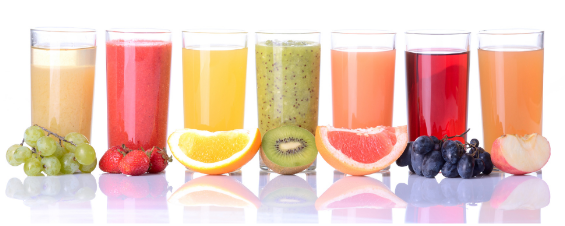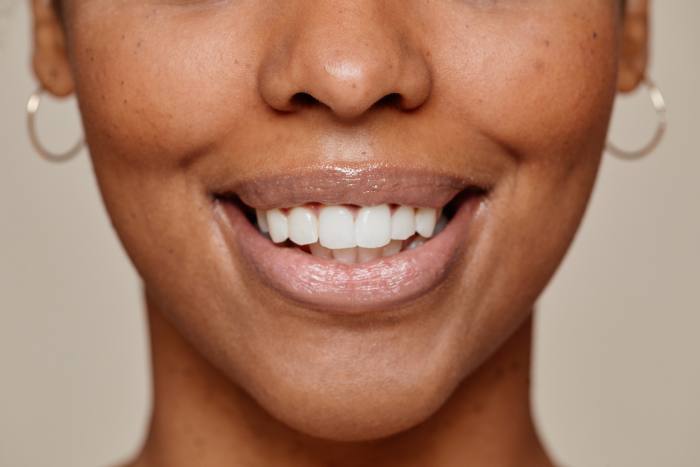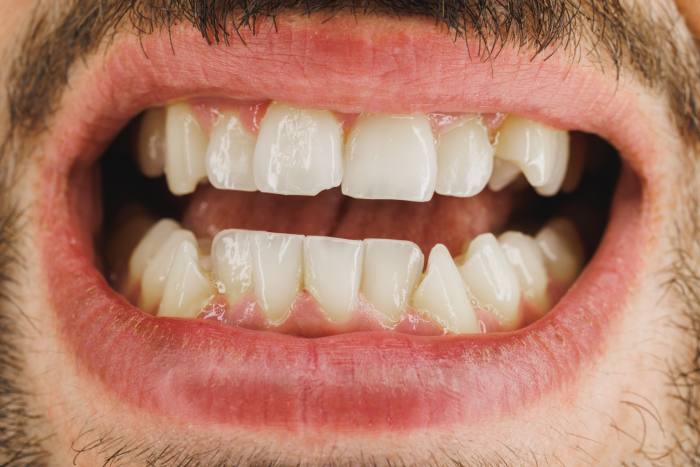What You Need to Know About Its Effects on Dental Health
Fruit juice is often seen as a healthy beverage choice, packed with vitamins and nutrients. But when it comes to your teeth, fruit juice might not be as beneficial as you think. While it’s true that fruits provide essential vitamins, the high sugar and acid content in fruit juices can pose risks to your dental health. In this blog, we’ll explore whether fruit juice is bad for your teeth and answer some common questions about how fruits and fruit juice affect your oral health.
Is Fruit Juice Bad for Your Teeth?
Fruit juice, especially those with added sugars, can be harmful to your teeth. Even 100% natural fruit juices are high in natural sugars and acids, which can contribute to tooth decay and erosion. When you drink fruit juice, the sugars interact with the bacteria in your mouth to form acids, which attack your tooth enamel—the hard, protective outer layer of your teeth. Over time, these acids can weaken the enamel, making your teeth more susceptible to cavities.
Does Juice Cause Cavities?
Yes, juice can cause cavities. The sugars in fruit juice are broken down by bacteria in your mouth, producing acids that wear away at the enamel. The constant exposure to these sugars and acids creates an environment where cavities can easily form. While juice may seem like a healthier alternative to sodas or sugary drinks, it still poses significant risks to dental health, especially when consumed frequently or sipped over long periods.
Is Orange Juice Bad for Your Teeth?
Orange juice, like other citrus juices, is highly acidic, which can soften and erode tooth enamel. Even though it’s packed with vitamin C, the acidity of orange juice can outweigh its nutritional benefits when it comes to your teeth. Drinking orange juice frequently, especially without rinsing or brushing afterward, can weaken your enamel and increase the risk of tooth sensitivity and decay.
What Happens If You Drink Orange Juice After Brushing Your Teeth?
Drinking orange juice right after brushing your teeth is not recommended. Toothpaste temporarily softens your enamel, and the acid from the orange juice can further weaken it. This combination not only erodes enamel faster but can also leave a lingering acidic taste in your mouth. For best practice, wait at least 30 minutes after brushing before consuming any acidic beverages to allow your enamel to re-harden.
Is Fruit Bad for Your Teeth?
While whole fruits are a healthier option compared to fruit juices, they still contain natural sugars and acids that can affect your teeth. Chewing whole fruits stimulates saliva production, which helps neutralize acids and wash away food particles. However, dried fruits, such as raisins or dried apricots, can be particularly sticky and cling to teeth, increasing the risk of cavities. Eating fresh, whole fruits as part of a balanced diet is generally better for your teeth than drinking fruit juice.
Are Fruits Bad for Your Teeth?
Fruits, especially those high in citric acid like lemons, limes, and grapefruits, can contribute to enamel erosion if consumed in large amounts. However, fruits also provide vital nutrients, antioxidants, and fiber, which are beneficial for overall health. The key is moderation and proper oral hygiene. Rinse your mouth with water after eating acidic fruits to help wash away the acids.
How to Enjoy Fruit Juice Without Damaging Your Teeth
- Drink in Moderation: Limit fruit juice intake to small servings, and avoid sipping on it throughout the day to minimize prolonged exposure to acids.
- Use a Straw: Drinking juice through a straw can help reduce direct contact with your teeth, protecting enamel from the acidic and sugary content.
- Rinse Your Mouth: After drinking juice, rinse your mouth with water to help neutralize acids and wash away sugars.
- Wait to Brush: If you consume acidic juices, wait at least 30 minutes before brushing your teeth to avoid brushing softened enamel.
- Choose Low-Acid Options: Opt for less acidic juices, like apple juice or vegetable blends, which are generally less harmful to your teeth.
Final Thoughts: Balancing Fruit Juice and Dental Health
While fruit juice can be a part of a balanced diet, it’s essential to be mindful of its effects on your teeth. By understanding the risks and taking steps to protect your enamel, you can enjoy fruit juice without compromising your dental health.
If you’re worried about how your diet might be affecting your teeth, Ames Dentistry is here to help. Our team can provide personalized advice and treatments to keep your smile healthy and bright. Contact us today to schedule a consultation and learn more about how to protect your teeth from the effects of fruit juice and other dietary choices!








